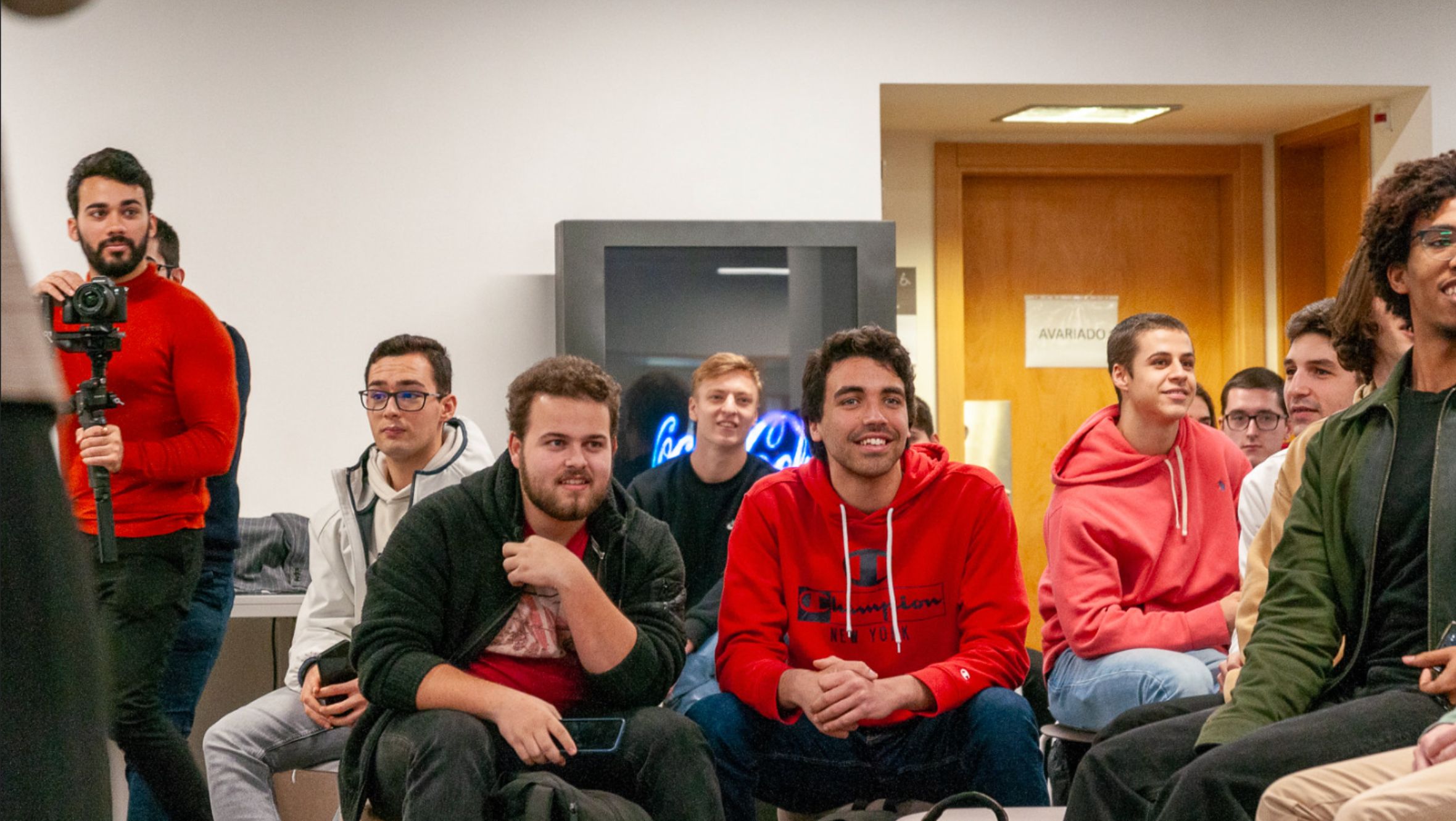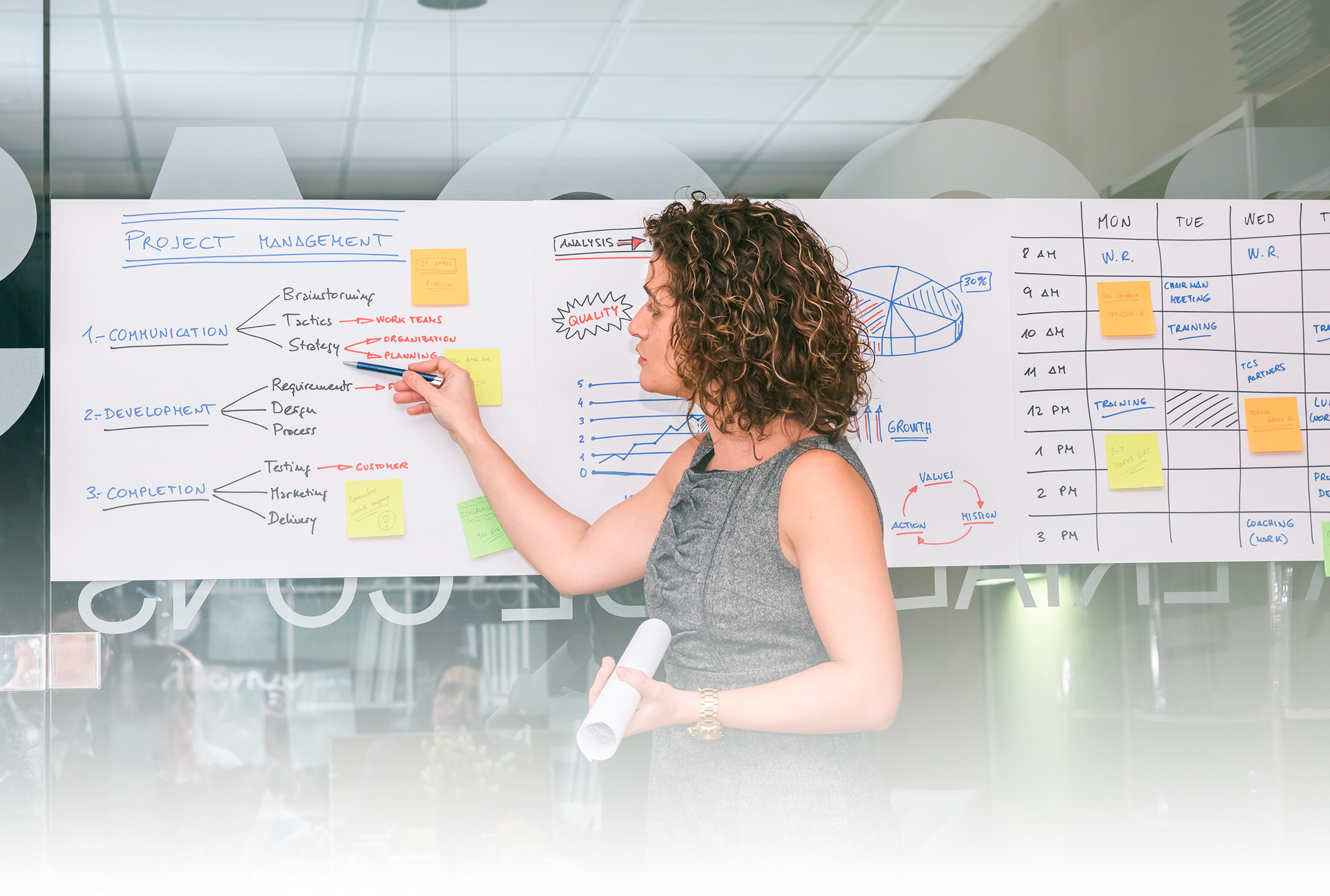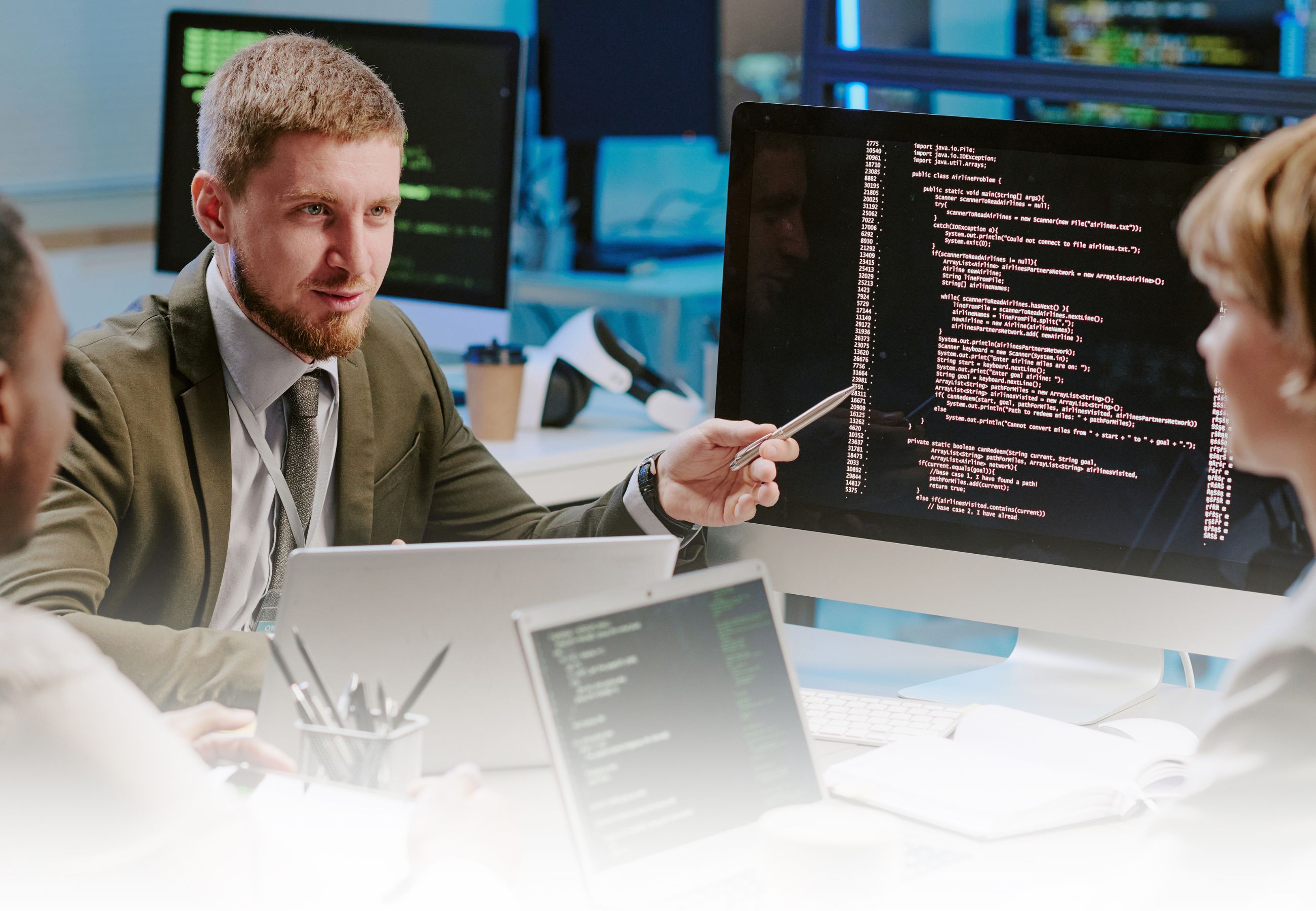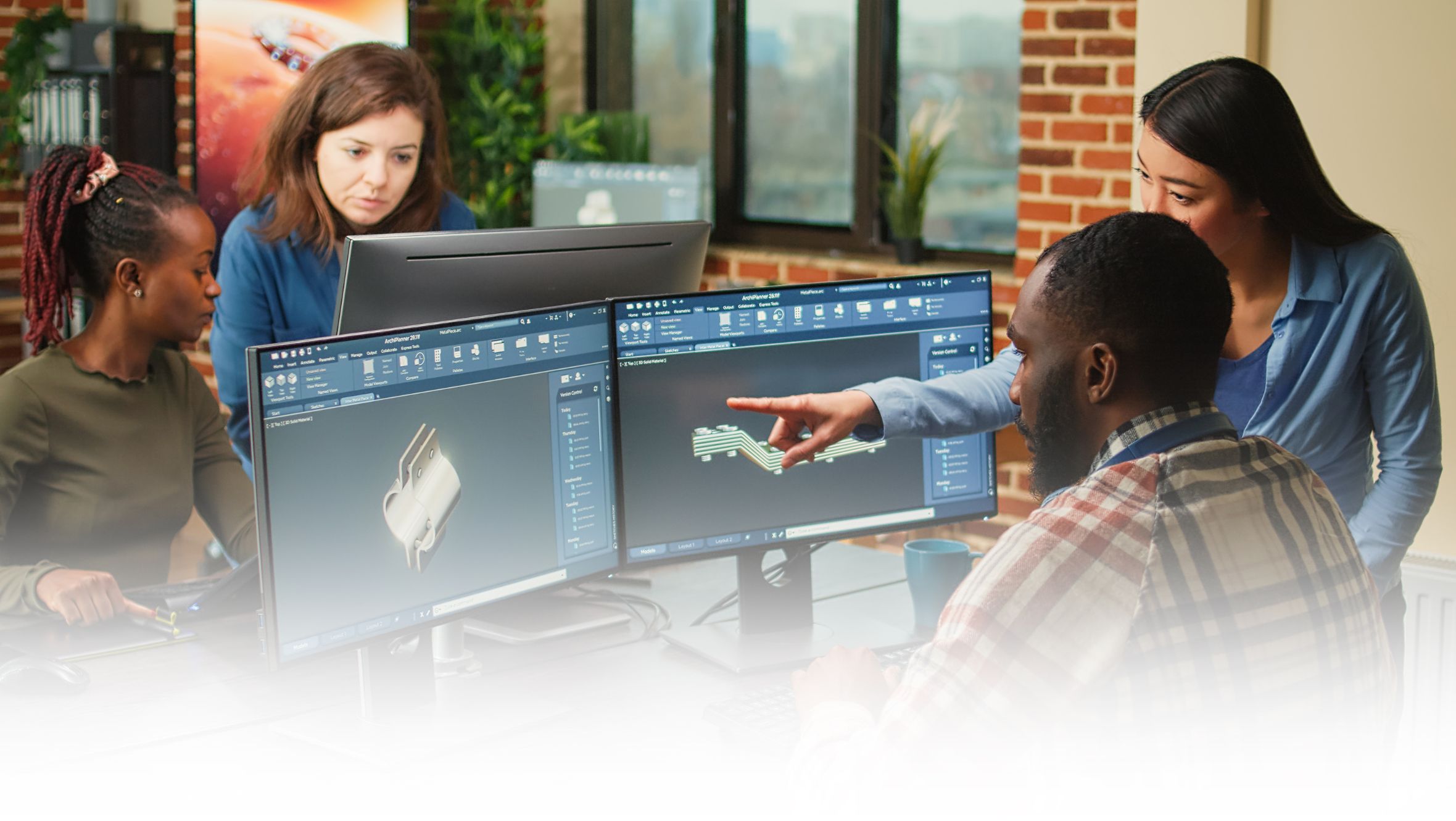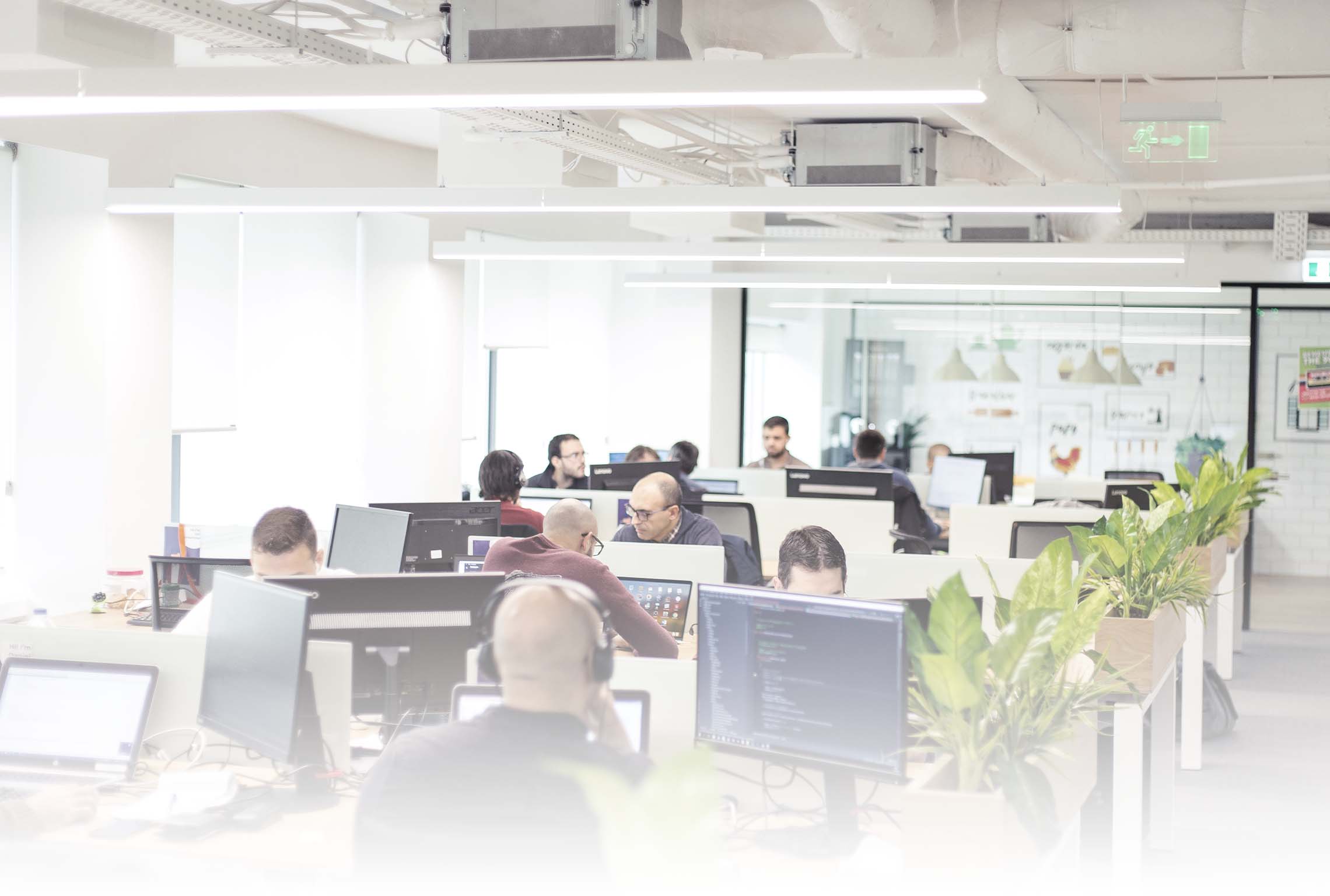NextGen: AI - Economic and Social Challenges in the Digital Age
Prime Group got together with ISCTE Sintra to discuss a hot topic of the IT landscape and for the society as a whole – artificial intelligence.
Article
March 13, 2024
8 minutes read
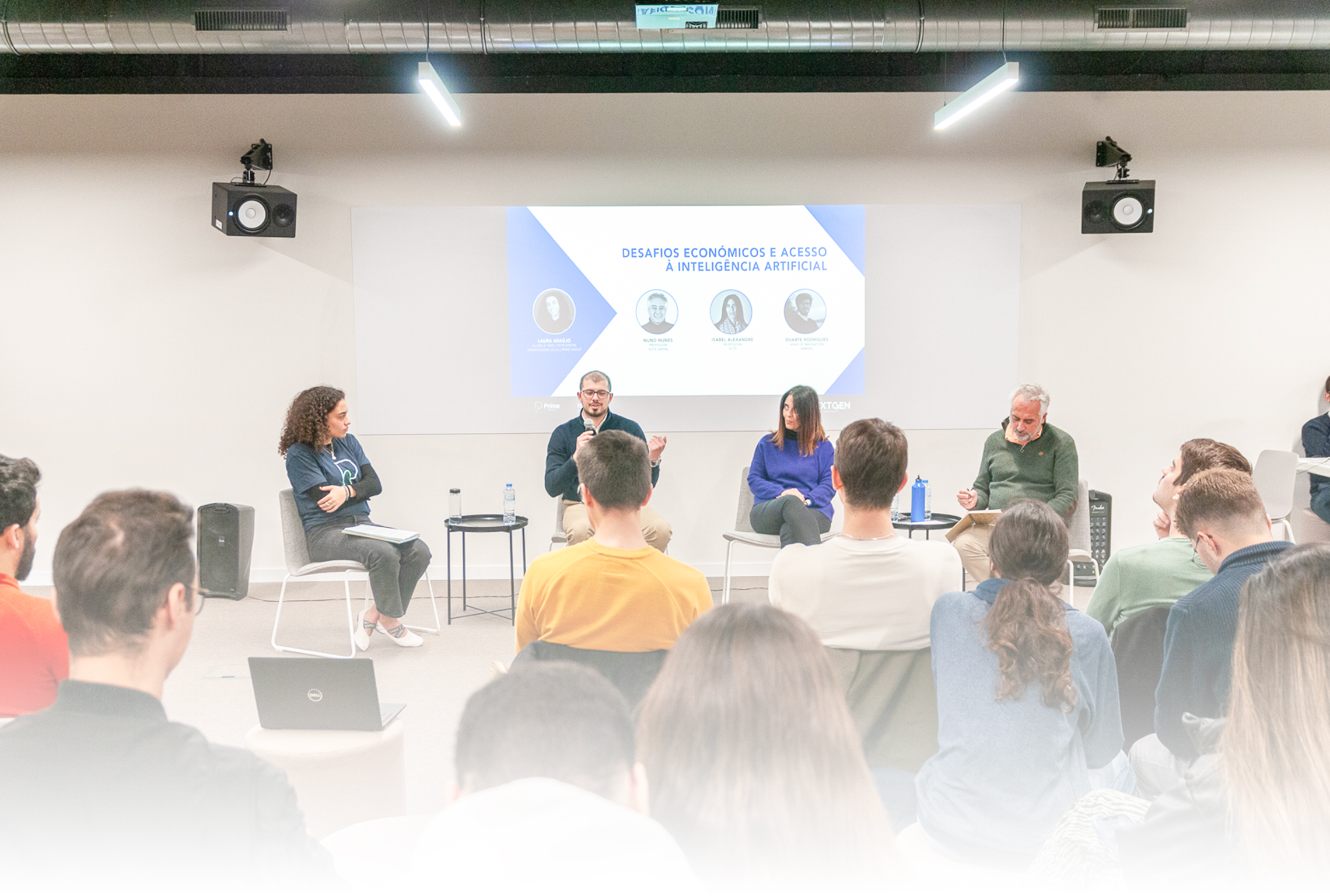
“”
The prevailing view is that artificial intelligence is accentuating social inequalities and that doesn't mean that in the future it can't contribute to reducing them.
A prediction by Ray Kurzweil, an American Computer Scientist, estimated that by 2023 computing power would have the ability to surpass the human brain. This was, in fact, the year generative AI became widely available in the market. This prediction also states that by 2045 computing power will surpass the brain power of all humans combined. Artificial Intelligence is a reality in our time, but what does this mean for us as a society?
Recently we had the pleasure of developing the second edition of our NextGen conference – “NextGen: What comes next?”. After the success of last year’s “NextGen: Shaping the future of work”, where we focused on the challenges and opportunities of Gen Z’s arrival in the workforce, we got together with ISCTE Sintra to discuss a hot topic of the IT landscape and for the society as a whole – artificial intelligence.
In a series of two engaging roundtables and a talk, we introduced the discussion about the role of AI in Economic and Social Challenges in the Digital Age.
How is AI shaping modern economy and society?
The event opened with a talk by Professor João Guerreiro from ISCTE Sintra. In this pitch the professor talked about the role of AI in economy and society and how it is shaping our future.
In the words of João Guerreiro, “AI will change the job market”. Artificial intelligence has been used for decades now, in predictive models, for example. Deep learning has also been present for quite some time, but generative AI is recent. The different between generative AI and other AI models is that, although generative AI is more recent, it is also mainstream – anyone can have access to it. For the job market, this means that jobs that were less vulnerable before are increasing in vulnerability. In the words of Professor João Guerreiro: “The world was divided between vulnerable jobs and less vulnerable jobs. AI is coming to change this paradigm, because it makes less vulnerable jobs more vulnerable.” Meaning that technology was a menace to logistic and repetitive jobs, but as generative AI evolves, it becomes a menace to jobs that depend on creativity and human input. This does not mean we are in danger of loosing our jobs, it means we have to adapt to artificial intelligence and use it to our advantage. Professor João Guerreiro gave the example of Marketing activities, in which AI enhances productivity by 15% to 20%.
The impact of AI on the workforce:
In the first panel of the conference we counted on David Isaac, a student of Artificial Intelligence form ISCTE Sintra as the moderator. Joining David, we had Professor António Raimundo from ISCTE Sintra, Guilherme Ramos Pereira, Exectutive Director at DSPA, and Hélder Pinheiro, Data & AI Director at Claranet. This table was entitled “The Impact of AI in the Workforce”. As such, its main aim was to discuss how AI is changing jobs and industries, including both reconfiguration and job creation.
Our guest speakers examined the nature and evolution of work in the age of AI. And discussed how companies can keep up with the evolution of AI. In the words of Hélder Pinheiro, “Technology companies are under pressure to focus on today and not on tomorrow. That’s why all companies have to fight the need to work on the urgent. It’s important to adopt a mindset of evolving and not being stuck in a comfortable place.” Upskilling and reskilling were a focal point of this talk, as it was brought up by Professor António Raimundo: “We have to embrace AI as a creator of opportunities, taking advantage of the added value of artificial intelligence to increase productivity. Where was a programmer 30 years ago? There weren’t any! In the same way, we’re going to see new jobs being created through upskilling and reskilling. It’s not a threat, it’s an acceleration of processes.”
This being said, we explored how AI is being integrated into schools and universities to prepare students for the AI-driven workforce, as stated by Guilherme Ramos Pereira: “There is no economy without technology, so there is no society without the full integration of its stakeholders. There’s no way back on technology – this isn’t the end of the world, it’s an eye-opener for technological practices to be human-centered.” We have to educate people in the new ways of technology, so that it can serve as a tool for human advancements.
AI and social inequalities:
The second table was titled “AI and Social Inequalities”. We had Laura Araújo, Prime Group’s Bold Beginner Ambassador, and ISCTE Sintra’s student as a moderator. As for speakers, we counted on Professor Isabel Alexandre, from ISCTE, Professor Nuno Nunes, from ISCTE Sintra, and Duarte Rodrigues, Head of Innovation at Neroes.
This table focused on the discussion of how AI can exacerbate social and economic inequality. The speakers provided some examples of disparities in access to AI and their implications. The first topic we assessed were the disparities between access to AI tools and digital sources in general. We have to be aware that not everyone has the same access to digital tools.
In the words of Nuno Nunes, “The prevailing view is that artificial intelligence is accentuating social inequalities and that doesn’t mean that in the future it can’t contribute to reducing them. That means what it means that the more social intelligence is involved with the main social problems the more artificial intelligence is at the service of the main challenges facing societies, the more easily it will contribute to reducing them. Therefore, I think that artificial intelligence can contribute to this reduction by providing the conditions for it to be at the service of humanity.”
This is a problem that can be solved by education: “The more citizens are educated, the more digital knowledge they will have. Artificial intelligence can inhibit social inequalities, as it gives access to information.”
When talking about students access to ChatGPT, the panel agreed that its use cannot be prohibited, and should be incentivized, with its necessary cautions. For example, as Professora Isabel Alexandre alerted, “In relation to inequalities, these models of large language models, which we emphasized, are being created based on an inequality. They only have data from the industrialized world, so all the countries that don’t have access to information don’t have the possibility of disseminating and accessing and producing information, so there’s a very large slice of the population here whose culture isn’t even reflected there.”
In conclusion, and taking the words of Duarte Rodrigues, “All AI exists to better ourselves. If we got our core and try to imagine how the world would be if we were all superheroes, we create our own utopia.” This is one of the ways to see AI in society, as an enabler for social equity, even though we still have a long way to trace in this direction.
